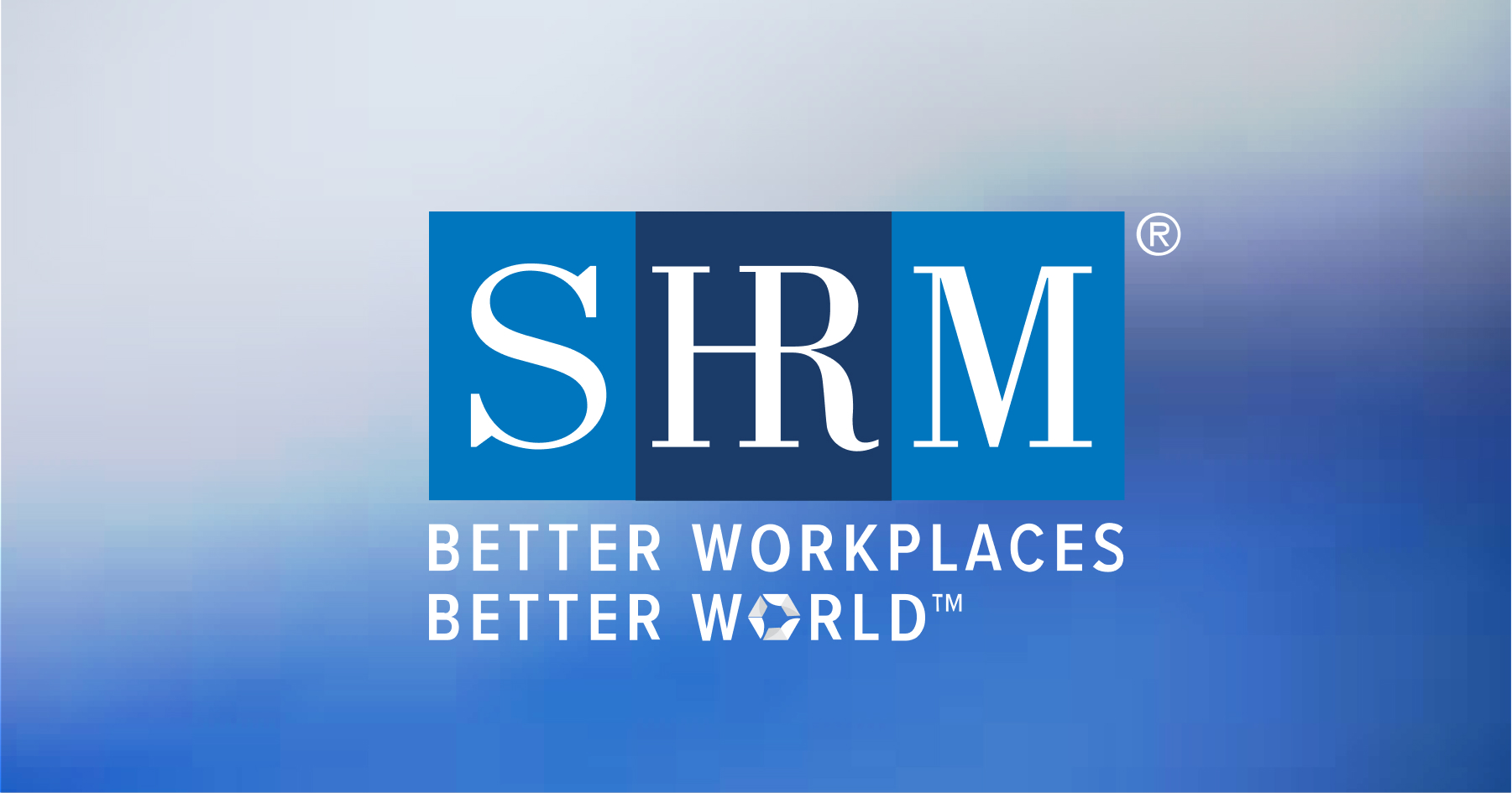

Press Blog
AI vs HI: Balancing Automation & Human Judgement in Talent Acquisition

From artificial intelligence assistants to smart data forms to ever-evolving hiring and matching platforms, AI products are transforming the way talent acquisition teams operate.
On Tuesday at the SHRM Talent Conference & Expo 2021, taking place in Las Vegas and virtually, panelists described how technology tools are moving them quickly toward an automated future and how human judgment, or "human intelligence" (HI), is still necessary to assist and administer automation programs.
These advances are playing important roles by determining discrimination and bias during interviews, creating more balanced interview questions, unveiling if candidates have any history of hate speech or inappropriate social media posts, and evaluating growth timelines for new hires and current workers.
The panel's moderator, CRA Doctor founder Kevin Bachman, said the talent acquisition industry and the world are moving more toward AI each day. Bachman's Cleveland-based company helps employers improve their pre-employment processes.
That's a good thing, said panelist Russell Podgorski, executive director of Providence, a Portland, Ore.-based health care system that operates in seven states, "because the workforce crisis we're in is at an all-time high right now."
Getting Screening Right
Efficiency is at the heart of AI, as AI can help people perform menial tasks more efficiently, or even do the work for them.
During criminal screening of candidates, for example, said Becka Klauber Richter, co-founder and president of Helpr—whose app helps parents review profiles and hire child care providers—AI helps create "more-predictable time expectations" for processes such as screening job candidates, a task that some organizations still perform using clerks.
AI can also be used to screen social media. Bianca Lager is president of Social Intelligence, a Santa Barbara, Calif.-based company that examines candidates' social media profiles. "Social media screening is a really emotional and biased situation," she said. "Defining and determining hate speech is a convoluted and complicated process that AI can help to solve. It's a 'people' issue, and you need to understand the words and who certain groups are to see what is problematic content."
Mike Fitzsimmons, founder and CEO of Crosschq, a Danville, Calif.-based software company committed to bias-free hiring, said the industry needs to improve "pre-hire candidate intelligence" because 40 percent of new hires today don't remain at their companies.
"You've got to get it right," Fitzsimmons said. "Executives are looking for more, better background information on candidates so they can find a better match."
AI can improve candidate screening by "helping us to collect information about a candidate's performance at past jobs" by identifying, for instance, former co-workers or supervisors that hiring managers can speak with, Fitzsimmons added.
AI also helps "to close the loop with post-hire analysis," he said. "Once onboard, we can ask, 'So, how are they doing?' "
Career Tracks and Promotions
AI can also help keep talented workers on board during this challenging time of employee attrition, the panelists said.
Providence has 120,000 employees. AI has helped Podgorski discover high-performers at the company and determine how to promote them.
"Given the hiring crisis, we need to be able to identify those workers from within," he said. "AI helps us to see their timeline for growth, or if we're at a risk of losing them to another employer. When we identify them, we say to them, 'You have a lot of talent; let's talk about your situation and where we can take you.' "
Providence favors hiring from within because its people know the company's mission, goals and culture, Podgorski said. Recently, he's seen the percentage of internal promotions go from 35 percent to about 50 percent.
Fitzsimmons said AI can provide "early superstar detection" as well, even after just 90 days.
"If you can see that they are performing really well, this lets employers double down on those hires," he said.
[Want to learn more? Join us at the SHRM Annual Conference & Expo 2021, taking place Sept. 9-12 in Las Vegas and virtually.]
Discrimination Detection
AI also helps to detect discrimination and bias during interviews, the panelists said. AI allows you to input hot-button words and phrases into a system and then record the interview to see if and how these words came up during the interview conversation.
This same approach can be used to help the interview process go more smoothly because it identifies "better" ways to ask questions to avoid discrimination and bias. For example, did the interviewer ask more promotion-related questions of men than of women?
Expanding the Employee Pool
Podgorski said AI helps him search for job candidates "in a more targeted way."
"Otherwise, you might be scouring the Internet for eternity," he noted. "We're also looking outside the hospital industry, and AI is helping to make that a more efficient and effective process."
For instance, he said, AI helped him realize that although he was seeking candidates with bachelor's and master's degrees for a particular job, there were actually 50 percent fewer candidates with master's degrees who fit the job description.
Richter said the child care industry lost 3 million women from the workforce during the COVID-19 pandemic, and forecasts suggest that it will take more than two years to recover from those numbers.
"When searching for candidates, you need to look at those who are visible," Richter said, but you also need to be able to find those who are out of the workforce.
Newsletter Sign Up
by Noelle Davis
Staff Writer
File Under
Take the Guesswork
Out of Hiring
Schedule a demo now



%20-200x43.png)




